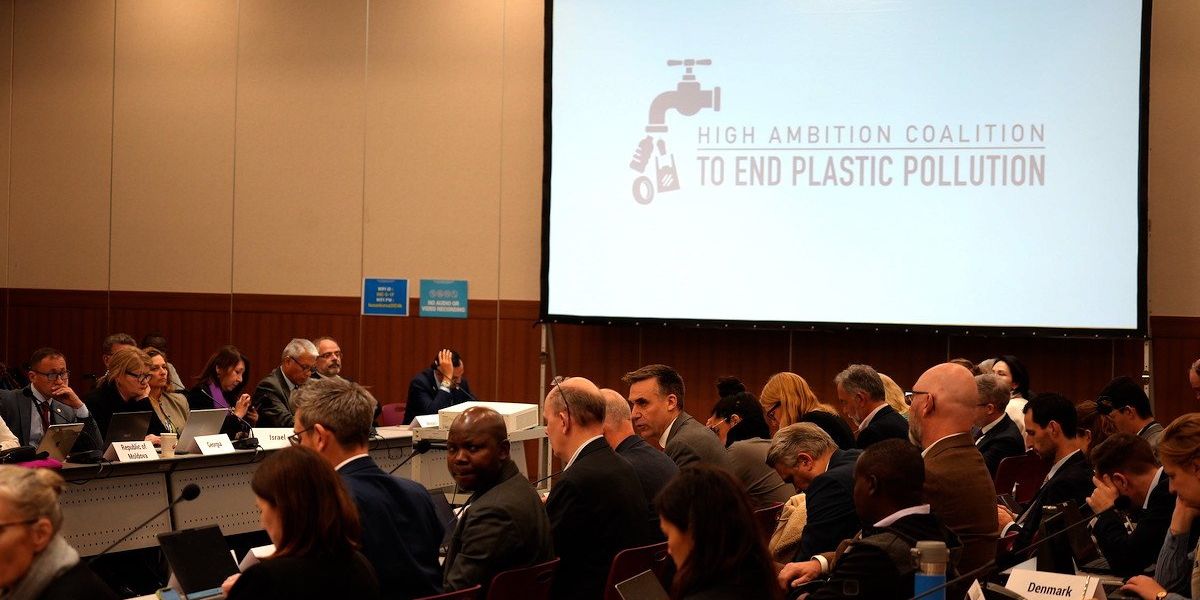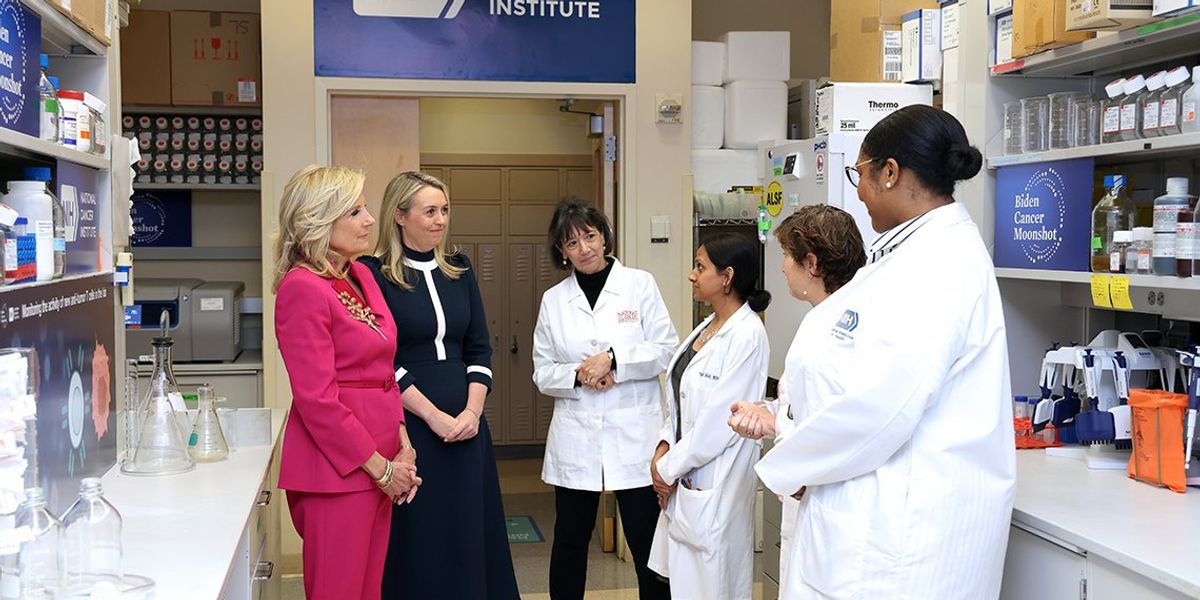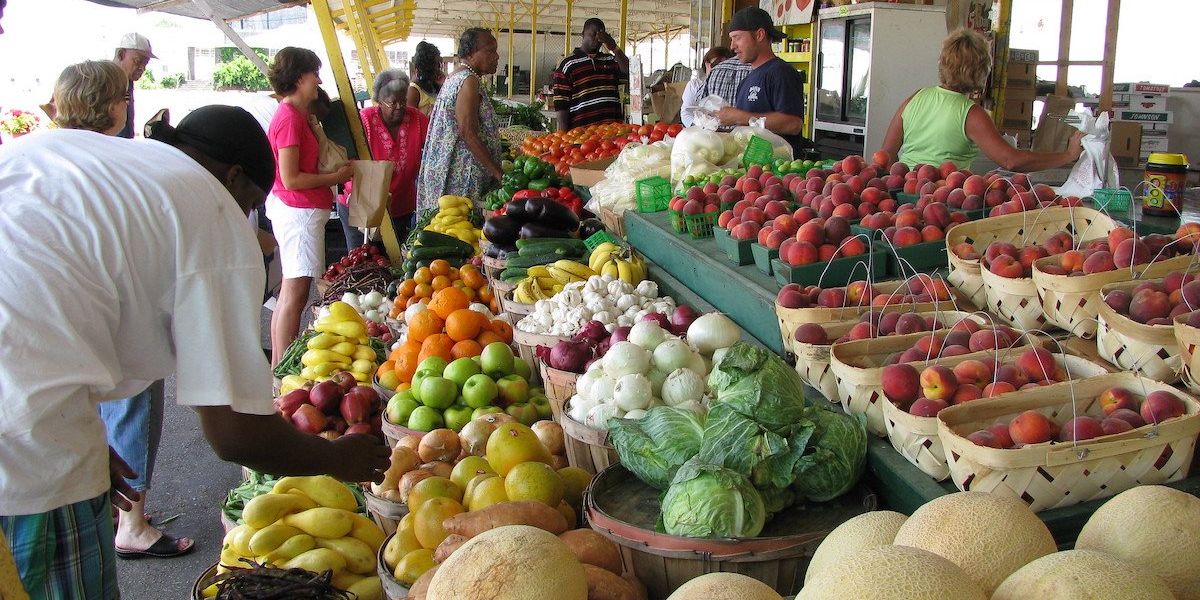
A plastics treaty could reshape global pollution but faces major hurdles
Negotiations for a global plastics treaty are progressing slowly, with countries divided over production limits, waste regulation, and scientific access, yet the commitment to further discussions remains a hopeful sign.
Editorial team writes for Nature.
In short:
- Negotiators in Busan, South Korea, failed to finalize a treaty to curb plastics pollution but agreed to continue talks within the year.
- The treaty is expected to address the full life cycle of plastics, but key points like production limits face opposition from major fossil-fuel-producing nations.
- Limited access for scientists in negotiations raises transparency concerns, as the treaty’s success hinges on independent research and evidence-based definitions.
Key quote:
“Although delegates’ frustrations are justified, the commitment to continuing the discussions and the ambition of most participating countries to secure a strong agreement are positive.”
— Samuel Winton, researcher at the Global Plastics Policy Centre
Why this matters:
The push for a global plastics treaty is shaping up to be one of the defining environmental battles of our time—and it’s no quick fix. Plastic particles are linked to health issues from cancer to infertility. If we get this treaty wrong, the consequences could ripple through ecosystems and generations. Read more: Every stage of plastic production and use is harming human health.














